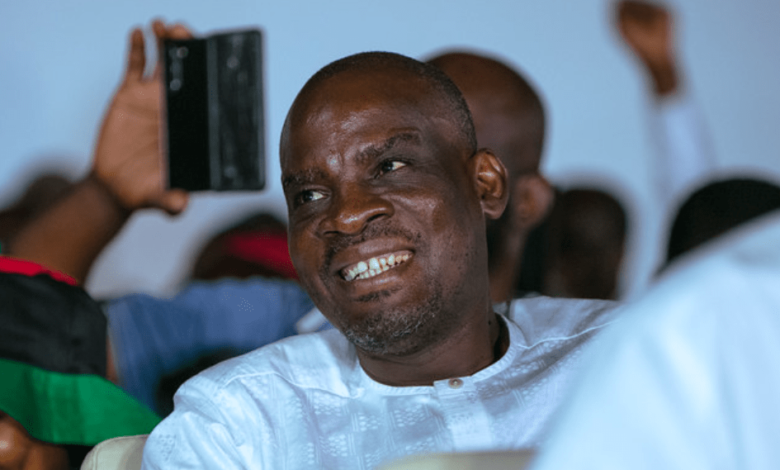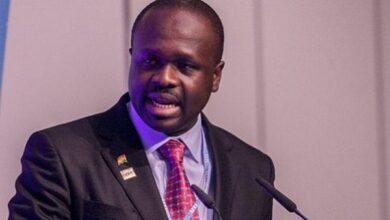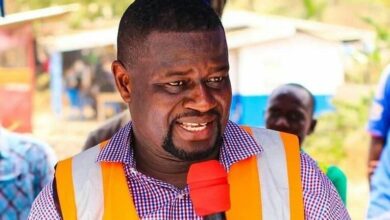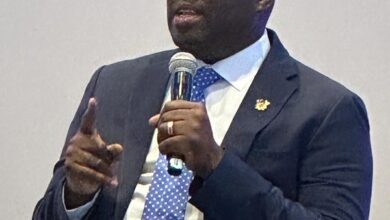The danger of tribal and regional politics

Ghana’s democracy, though young and vibrant, faces a growing threat that could undermine its very foundation. A dangerous narrative is emerging, one that seeks to confine eligibility for the presidency to regional or tribal affiliations rather than the constitutional qualifications outlined in Article 62 of the 1992 Constitution. If left unchecked, this trend risks metastasizing into a “cancerous democracy,” threatening the unity and progress of the nation.
The metaphor of cancer—describing uncontrolled, destructive growth—aptly captures the insidious spread of comments from influential voices within both the National Democratic Congress (NDC) and the New Patriotic Party (NPP). These remarks, though seemingly small, have the potential to fuel tribalism and sectionalism, eroding the democratic values Ghana has worked hard to build.
Article 62 of the 1992 Constitution clearly outlines the qualifications for the presidency: a candidate must be a Ghanaian citizen by birth, at least 40 years old, and eligible to be a Member of Parliament (with specific disqualifications noted). Nowhere does the Constitution mention ethnicity, tribe, religion, or regional origin as criteria for eligibility. Yet, recent political discourse suggests otherwise, with some arguing that the presidency should alternate between northerners and southerners or be limited to specific ethnic groups.
The NPP has long been labeled an “Akan party” due to the prominence of Akan leaders within its ranks. However, the party has made strides to counter this perception by electing Dr. Mahamudu Bawumia, a northerner, as its presidential candidate for the 2024 elections. This historic move under President Nana Addo Dankwa Akufo-Addo’s leadership signals a deliberate effort to prioritize competence over regional or ethnic considerations.
Meanwhile, within the NDC, a troubling narrative is gaining traction as the party looks toward the 2028 elections and the question of who will succeed President John Dramani Mahama. Some argue that selecting another northerner would be “political suicide,” with sentiments like “No way! Northerner go, northerner come” gaining ground. Such rhetoric is not only uninspiring but also dangerously divisive, reducing leadership to geography rather than merit.
This narrative has unfairly targeted individuals like Hon. Haruna Iddrisu, the Member of Parliament for Tamale South and Minister of Education. Despite his impressive track record—spanning his leadership of the National Union of Ghana Students, his role as NDC’s former youth organizer, and his impactful tenure in various cabinet positions—some question his suitability for the presidency solely because he is a northerner who might succeed another.
Notably, Hon. Haruna has not publicly declared his intention to contest the 2028 elections, yet this speculative debate risks igniting ethnic and regional tensions.Such arguments are not only baseless but also hypocritical. Where were these voices when Hon. Alan John Kyerematen, an Ashanti, contested the NPP presidential primaries in 2007 to succeed President John Agyekum Kufuor, another Ashanti? Why was there no outcry when the NDC’s 2007 primaries included southerners like Prof. Evans Atta Mills, Dr. Ekow Spio-Garbrah, and Eddie Annan, any of whom could have succeeded President Jerry John Rawlings, also a southerner? The silence then contrasts sharply with the current clamor, exposing the inconsistency of this regionalist logic.
The 1992 Constitution’s preamble underscores Ghana’s commitment to “equality of opportunity” for all citizens, regardless of background. Allowing tribal or regional considerations to dominate political discourse violates this principle and risks inciting division. If we fail to challenge these voices, they could spiral into uncontrolled territories, inflaming ethnic and religious passions and destabilizing our democracy.
Ghana’s strength lies in its diversity, and its democracy thrives when leadership is judged by competence, vision, and integrity—not by tribe or region. Let us reject this cancerous narrative and uphold the constitutional ideals that ensure every Ghanaian has an equal opportunity to lead. Only then can we safeguard the blessings of liberty, unity, and prosperity for ourselves and future generations.
Author: Abdul-Shakuru Zakaria
Public Relations Practitioner




